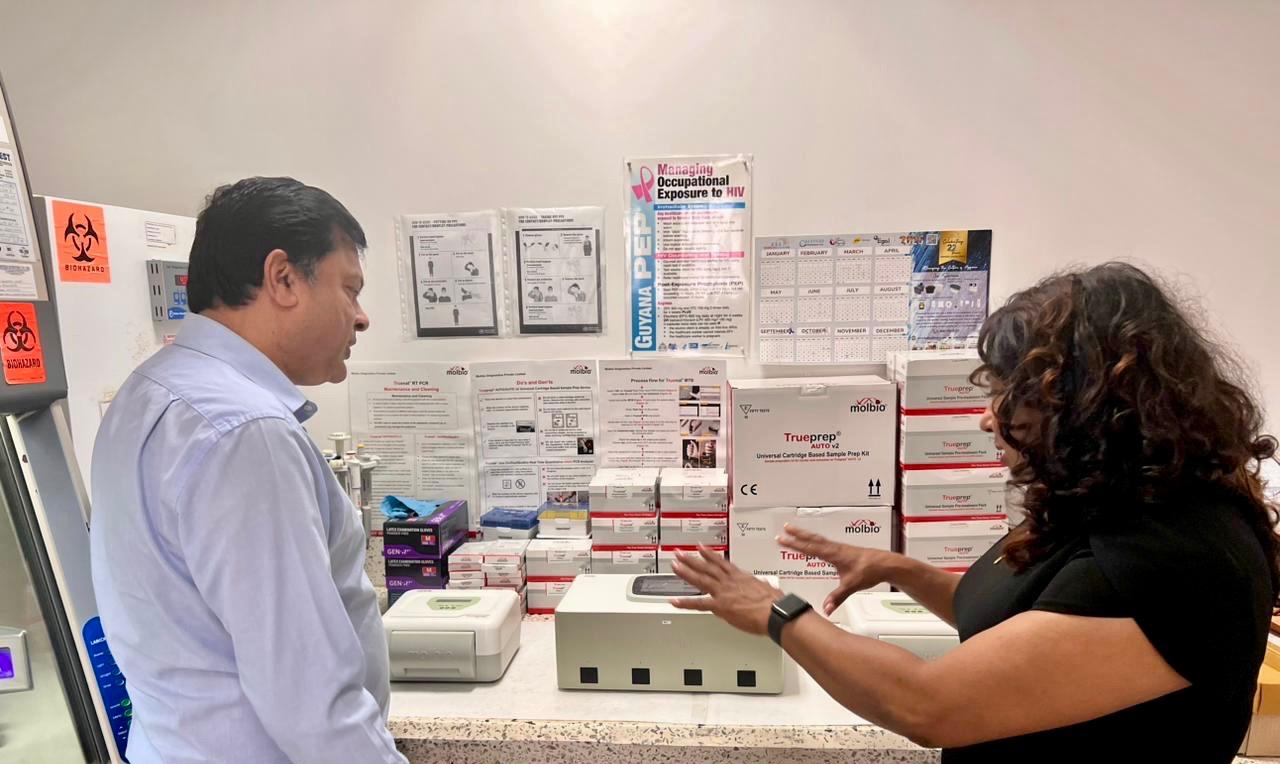As the festive season approaches, pediatric expert Dr. Tricia Jailal is raising urgent awareness about toy safety during December’s international Safe Toys and Gifts Month. With 13 years of experience in child healthcare and co-founding ABC Paediatrics, Dr. Jailal emphasizes that gift selection requires careful consideration beyond mere holiday excitement.
During the holiday period, toy-related injuries become significantly more prevalent. “Ingestion of small toy parts occurs quite frequently along with choking,” Dr. Jailal explains. “Falls and physical injuries from ride-on toys are equally concerning.”
The pediatrician outlines five critical evaluation criteria for toy selection: age appropriateness, safety features, developmental value, durability, and child engagement potential. She particularly warns about button batteries as “the most dangerous object that can be overlooked,” noting they can cause severe internal burns within hours if swallowed.
Other significant hazards include:
– Plush toys with loose filling that pose choking risks
– USB-charged toys with hidden heat sources causing burns
– Excessively loud toys potentially damaging hearing
– Sharp-edged plastic or wooden toys leading to cuts
– Toxic materials in art supplies and chemically scented items
– Projectile toys risking eye injuries
– Water-expandable toys like Orbeez causing internal blockages
Dr. Jailal recommends the “toilet paper roll test” for choking hazards: if any toy part fits inside the roll, it presents a choking risk. She strongly advises against unregulated market purchases, emphasizing that “unregulated toys mean these toys have not been tested, inspected or certified.”
Certification marks like CPC, ASTM F963, or CE indicate compliance with safety standards. Parents should avoid toys containing phthalates, BPA, lead, formaldehyde, heavy metals, toxic foam materials, brittle plastics, uncoated metals, unknown fillings, scented components, and latex.
Even with safe toys, Dr. Jailal stresses the importance of “eyes and ears” supervision during playtime, limiting distractions to enable quick reaction to potential dangers. She notes that children with special needs require additional consideration based on developmental age and sensory sensitivities rather than chronological age.
For inappropriate gifts received from well-meaning relatives, Dr. Jailal suggests practical solutions: “You can put the toy away until your child reaches the appropriate age,” or make safety modifications by removing small parts.
The article concludes with developmental stage recommendations:
– Infants: Tummy time play mats and textured fabric books
– Toddlers: Shape sorters, ring stackers, and wooden peg puzzles
– Preschoolers: Board games, art sets, and pretend play items
Dr. Jailal summarizes: “I know how much joy toys can bring to children, but also how important it is to pair that joy with safety. Give joy, not risk, but also think beyond toys—choose gifts that encourage the growth and development of our children.”









